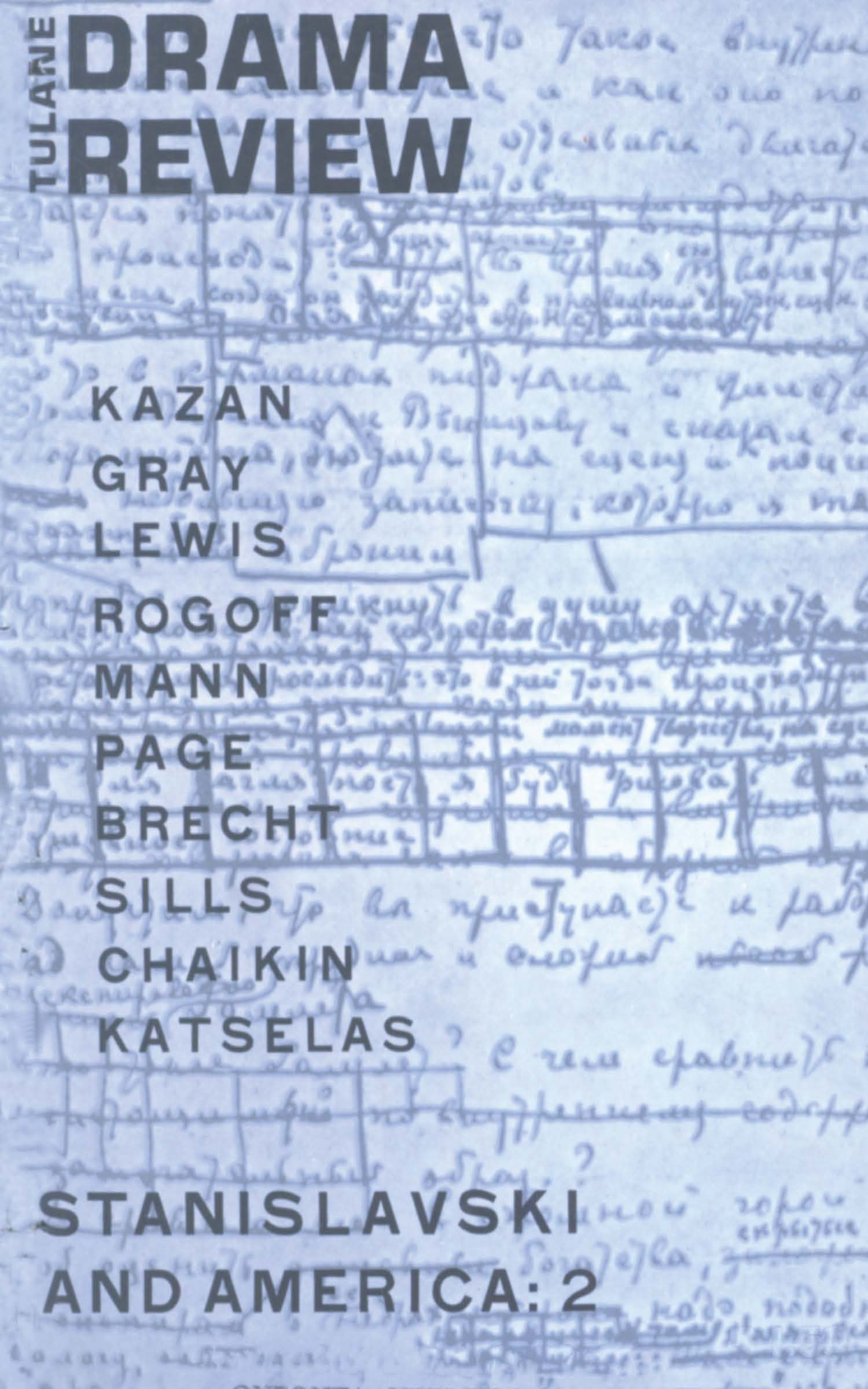Article contents
Marlowe and the Critics
Published online by Cambridge University Press: 14 February 2022
Extract
Christopher Marlowe in a real sense belongs to the twentieth century. Not only did he reflect the doubts and uncertainties of his own time in a manner which we today can find particularly meaningful, but only in the last fifty years have either the man or his works come to be seen for what they really were. In his own day, Marlowe was slandered while he lived by his fellow dramatist Robert Greene and reviled after his death by moralists like Thomas Beard in his Theatre of God's Judgements (1597) and William Vaughan in his Golden Grove (1600) as merely another blasphemous sinner whose murder might fittingly illustrate the visitation of God's judgment upon atheists. Among the poets, Chapman, who probably had been his friend, did praise him, and Michael Drayton wrote the only appreciation of any consequence:
- Marlowe, bathed in the Thespian springs,
- Had in him those brave translunary things
- That our first poets had: his raptures were
- All air and fire, which made his verses clear:
- For that fine madness still he did retain,
- Which rightly should possess a poet's brain.
- Type
- Research Article
- Information
- Copyright
- Copyright © 1964 The Tulane Drama Review
- 1
- Cited by


